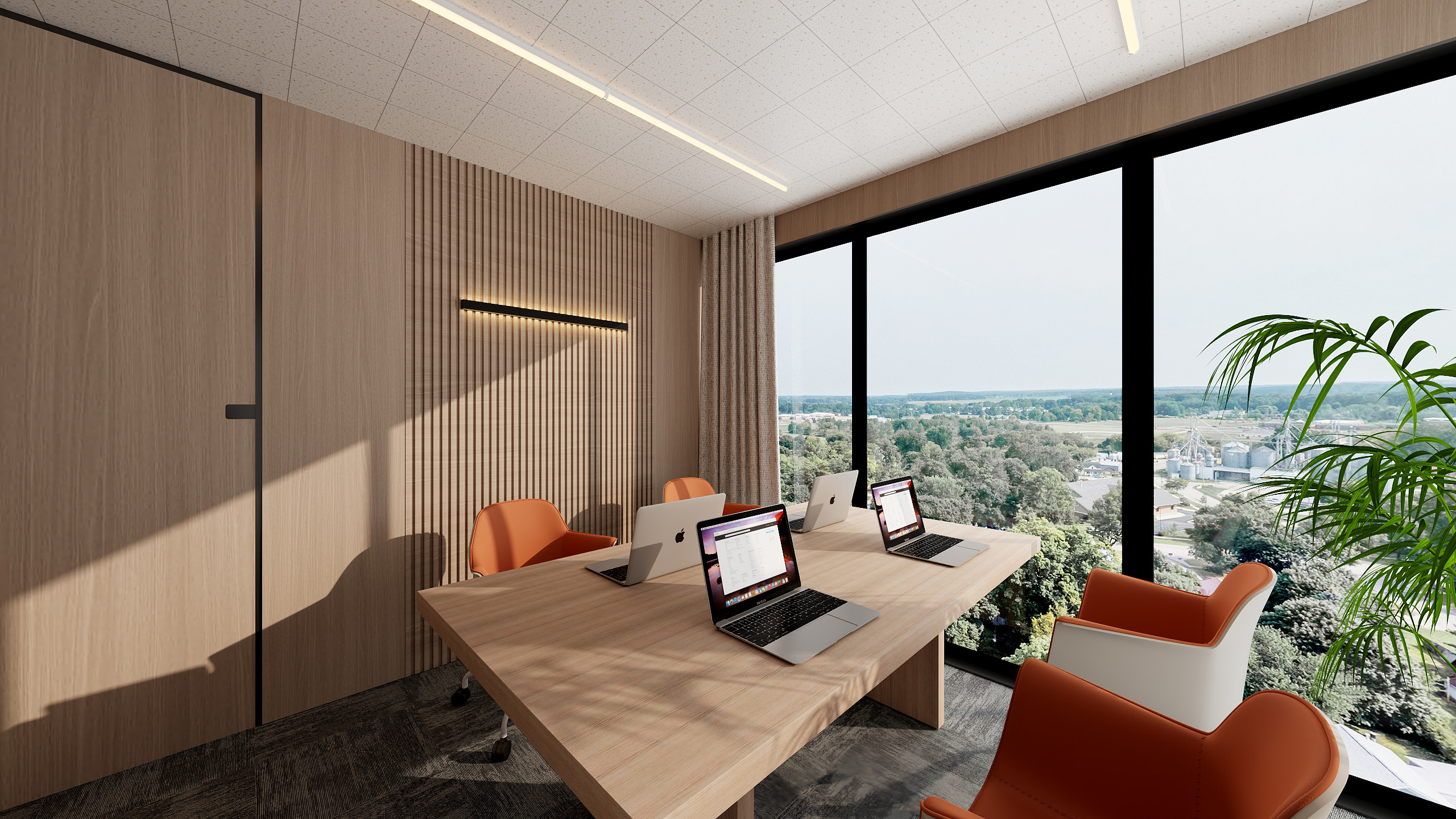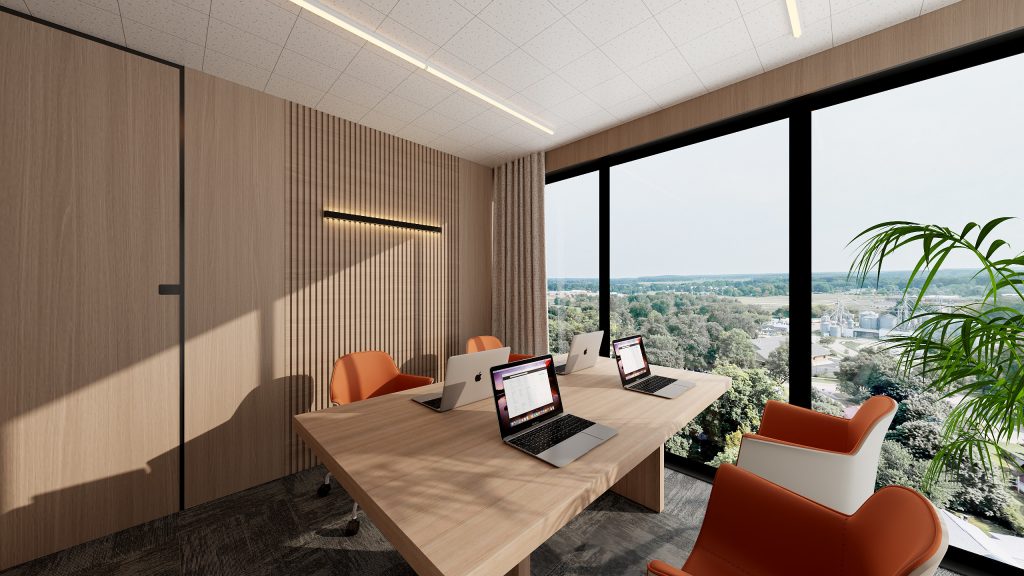In recent years, shared offices in New Zealand have suddenly become increasingly popular, as if they have become a new choice for major companies’ office spaces in an instant, and have also been accepted and favored by more and more enterprises. So, why can shared offices attract major companies? Let’s take a look at what advantages it can bring!

Advantage 1: Maximizing cost-effectiveness
For startups and small businesses, an office is a necessary place to operate, but the high rent and decoration costs are often a headache, and how to save costs and increase efficiency is also one of the most concerned issues. Shared office space greatly reduces the initial investment cost of enterprises through flexible and diverse leasing methods and comprehensive infrastructure. Specifically:
(1) Flexible leasing methods: Shared offices offer multiple leasing options such as by workstation, by day, and by month. Enterprises can freely choose according to their own needs, and they no longer need to be distracted by trivial matters such as decoration and maintenance. They can focus their limited funds more on the development of core businesses, achieving maximum cost-effectiveness.
(2) Infrastructure: The shared office space is equipped with high-speed internet, meeting rooms, rest areas, fitness centers, printers and other related service facilities, reducing the hardware investment of enterprises and improving work efficiency.
Advantage 2: Promote resource sharing
Resources are an important support for the development of enterprises. Only with sufficient resources can one stand out in the fiercely competitive market. And how to obtain resources is also the most concerned issue in the development of enterprises. Renting shared offices means that businesses are no longer fighting alone, but can work together to tackle market challenges. The main reason is that:
(1) The shared office space gathers enterprises and individuals from different industries and backgrounds. This diverse environment promotes communication and cooperation between enterprises, accelerates project incubation, and enhances market competitiveness. Whether it’s technology, market, talent, or information, you can find a platform for communication here.
(2) The advantages of a shared environment in a shared office provide more social opportunities for businesses, helping them establish extensive social networks and expand business opportunities and resources.
(3) Regular community activities, lectures, and seminars have further promoted cooperation and communication among enterprises, inspiring new ideas and inspirations.
Advantage 3: Shaping Brand Image
The image of a company is very important. When the corporate image is prominent, it can leave a deep impression on customers. By leasing shared office space, companies can enjoy high-quality office environments and services, enhancing their brand image. For example:
(1) By interacting with other excellent companies, enhance one’s brand image and visibility. This kind of ‘closer to the red’ effect helps companies establish a more professional, open, and innovative image in the minds of potential customers and partners.
(2) Shared offices also provide a platform for businesses to showcase their culture and values. Through personalized decoration, team activities, and other means, enterprises can attract like-minded partners to join and jointly shape a unique corporate culture.
(3) Shared offices are usually located in conveniently accessible commercial areas, providing a comfortable environment and office equipment to create a good working environment for employees and improve their work efficiency and satisfaction.
After understanding the advantages of shared office space, many entrepreneurs are also curious about how to rent shared offices. In this case, companies can learn about office rental platforms, inform the rental platform of their needs, and they will provide suitable offices. You only need to browse shared offices to see if they meet your needs.
But when renting an office, one should also be careful to avoid pitfalls. For example:
(1) Rent: The rent for shared offices is the core, and its price, location, and office positioning are directly related. Usually, the larger the rented area, the better the location, and the longer the rental period, the higher the price will be. When renting an office, it is also important to understand the additional costs incurred for meeting rooms, non office hours, air conditioning, and parking lots.
(2) Contract terms: When signing a lease agreement, attention must be paid to various details such as the lease term, area, decoration period, and property fees to ensure that there are no unequal clauses in the contract. In addition, it is necessary to ensure that the lessor has the right to rent and retains clauses such as sublease and contract termination.
(3) Facilities and Services: The main purpose of renting a shared office is to save money and enjoy more comprehensive facilities and services. Therefore, it is necessary to understand whether the facilities in the shared office are complete and whether the services are attentive, in order to ensure the convenience of work and life.
Shared offices, with various advantages such as low cost, convenience, and flexible office environment, have won the attention and choice of enterprises in the market. Whether a company wants to develop domestically or discover shared workspaces in New Zealand, they can provide a well-equipped and convenient office space. Choosing a shared office is choosing a more efficient, open, and innovative way of working.

